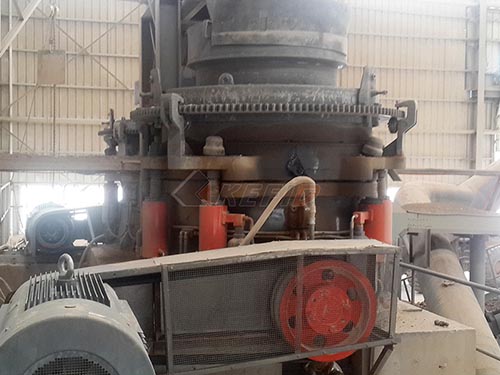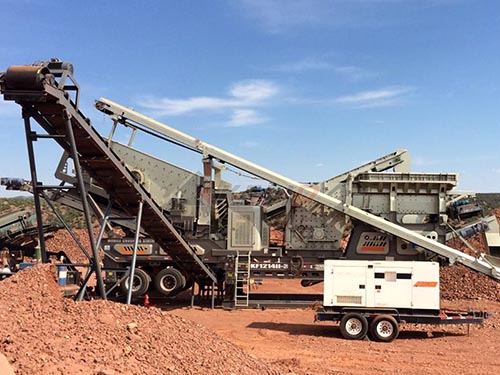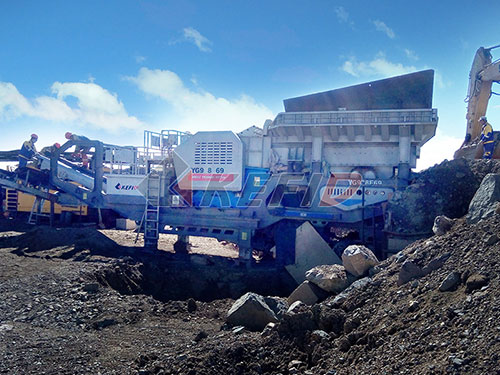Vietnam’s Rising Force: The Emergence of Homegrown Crusher Manufacturers
Vietnam’s rapid industrialization and infrastructure development have created a significant demand for robust machinery, particularly crushing equipment essential for mining, construction, and aggregate production. While international brands have long dominated this market, a new wave of Vietnamese crusher manufacturers is steadily gaining prominence, offering competitive solutions tailored to local needs and conditions.

Driving Factors Behind the Growth:
1. Infrastructure Boom: Massive government and private investments in highways, ports, urban developments, and energy projects require vast quantities of crushed stone and sand, directly fueling demand for crushers.
2. Mining Sector Expansion: Vietnam possesses substantial mineral resources (coal, bauxite, iron ore, limestone). Efficient extraction and processing necessitate reliable crushing equipment.
3. Cost Competitiveness: Domestic manufacturers often offer significant price advantages compared to imported machinery due to lower labor costs, reduced logistics expenses, and potentially simpler designs optimized for regional materials.
4. Localized Support & Understanding: Vietnamese makers inherently understand local operational challenges – from specific material characteristics (like high-abrasion granite or sticky laterite) to maintenance practices and spare parts logistics within Vietnam’s unique supply chain landscape.
5. Government Support: Policies encouraging domestic manufacturing (“Make in Vietnam”) and import substitution provide a favorable environment for local industrial machinery producers.
Capabilities of Vietnamese Crusher Makers:

Today’s leading Vietnamese manufacturers are moving beyond simple fabrication:
Diverse Product Range: Many now produce a comprehensive line-up including jaw crushers (for primary crushing), cone crushers (for secondary/tertiary crushing), impact crushers (for shaping aggregates), hammer crushers (for softer materials), and even mobile crushing plants.
Technology Adoption: Increasing investment in modern manufacturing techniques like CNC machining allows for higher precision components and improved reliability.
Material Quality Focus: Utilizing better-grade steel plates and critical wear parts enhances durability against Vietnam’s often tough abrasive materials.
Customization: A key strength is the ability to customize standard designs to fit specific customer requirements regarding capacity, feed size limitations, or end-product specifications.
After-Sales Service Network: Building localized service teams and spare parts inventories across key regions like Hanoi/Haiphong in the North or Binh Duong/Ho Chi Minh City in the South is crucial for customer retention.
Challenges on the Path Forward:
Despite impressive progress, challenges remain:
Perception Gap: Overcoming

Leave a Reply